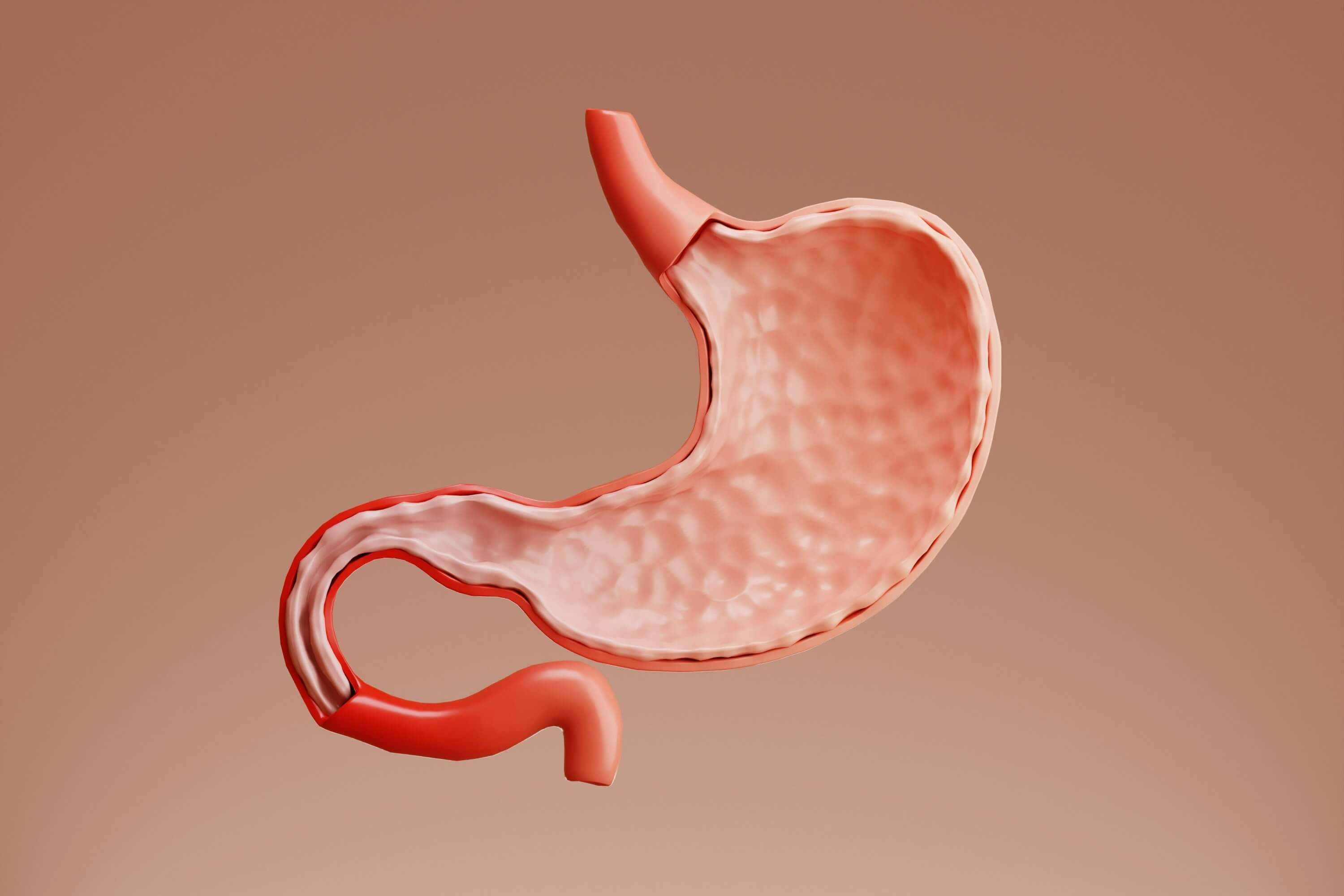Emotional hunger is a type of hunger driven by emotional needs rather than physical ones. Unlike physical hunger, which signals the body’s need for nutrients, emotional hunger arises from feelings such as stress, sadness, boredom, or loneliness. This type of hunger often leads to eating as a way to cope with or suppress emotions, rather than to satisfy a biological need for food.
What Are the Signs of Emotional Hunger?
Emotional hunger is distinct from physical hunger and has specific characteristics:
- Sudden Onset: Emotional hunger comes on quickly and feels urgent, while physical hunger develops gradually.
- Cravings for Specific Foods: It often involves cravings for comfort foods, like sweets or high-fat snacks, rather than a general desire for nourishment.
- Mindless Eating: Emotional eating is typically unintentional and may involve consuming food without paying attention to portion sizes or satiety.
- Lack of Satisfaction: Eating in response to emotions rarely satisfies hunger, leading to further eating.
- Feelings of Guilt or Shame: Emotional eating often results in negative emotions like guilt or shame, which can perpetuate the cycle.
How Emotional Hunger Affects Health
Emotional hunger can have several consequences for both physical and emotional well-being:
- Weight Gain: Frequent emotional eating often involves high-calorie, nutrient-poor foods, leading to weight gain and an increased risk of obesity.
- Poor Nutritional Health: Emotional eaters may neglect a balanced diet, resulting in nutrient deficiencies and poor overall health.
- Emotional Distress: The cycle of eating to cope with emotions, followed by guilt or shame, can lead to ongoing emotional distress and low self-esteem.
- Disruption of Hunger Cues: Over time, emotional eating can confuse the body’s natural hunger and fullness signals, making it harder to distinguish between physical and emotional hunger.
Managing Emotional Hunger
The key to addressing emotional hunger lies in identifying its triggers and adopting healthier coping mechanisms. Here are some practical strategies:
Practice Mindfulness
- Mindful Eating: Pay attention to hunger cues, eat slowly, and savor each bite. This helps in recognizing whether hunger is physical or emotional.
- Emotional Awareness: Take time to identify and acknowledge the feelings driving your hunger instead of suppressing them.
Develop Healthy Coping Strategies
- Stress Management: Engage in activities like yoga, meditation, exercise, or deep breathing exercises to reduce stress levels.
- Non-Food Alternatives: Replace emotional eating with other activities, such as journaling, reading, engaging in a hobby, or spending time with friends or family.
Maintain a Balanced Diet
- Regular Meals: Stick to a consistent eating schedule with well-balanced meals to prevent extreme hunger, which can trigger emotional eating.
- Healthy Snacks: Keep nutritious snacks, like fruits or nuts, on hand to avoid turning to comfort foods.
Seek Professional Support
- Therapy: Cognitive-behavioral therapy (CBT) or counseling can address the emotional triggers behind emotional hunger and provide practical coping tools.
- Support Groups: Joining a group for emotional eaters can offer encouragement and shared strategies for overcoming challenges.
Keep a Journal
- Document your food intake and emotions in a journal. This can help identify patterns and triggers of emotional eating, making it easier to address and manage them effectively.
Final Thoughts
Emotional hunger is a common but challenging experience that can disrupt healthy eating patterns and emotional well-being. By recognizing its signs and underlying causes, individuals can take steps to break the cycle of emotional eating. Mindfulness, stress management, and professional support are key tools in overcoming emotional hunger and fostering a healthier relationship with food. If emotional hunger significantly impacts your life, consulting a therapist or counselor can provide valuable guidance and support.


